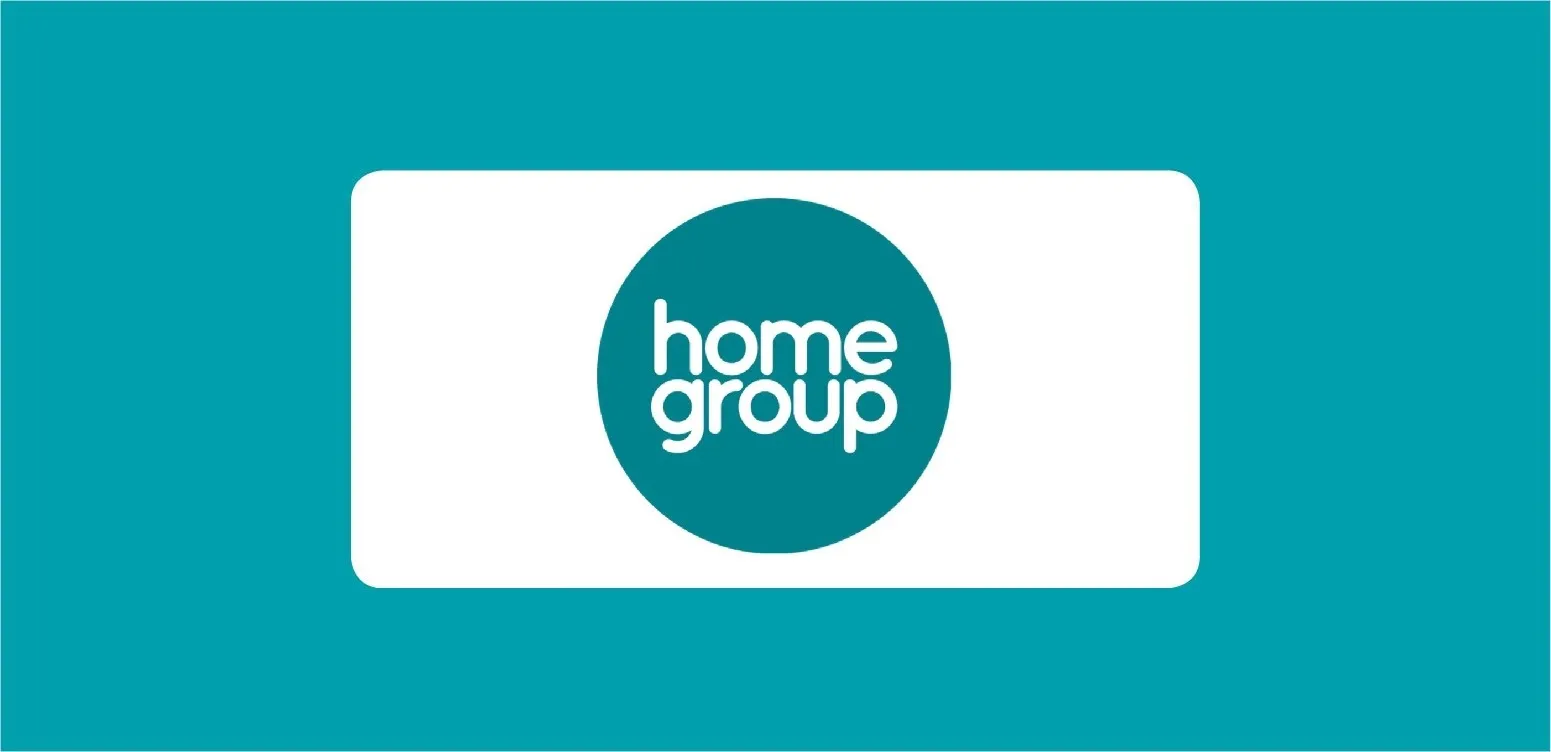Our new tenancy sustainment framework will make the world of difference to so many people
Lynsey Beckett, Policy Business Partner, Home Group, explains how the organisation is helping tenants to sustain their tenancies.
Lynsey Beckett, Policy Business Partner, Home Group, explains how the organisation is helping tenants to sustain their tenancies.

By Lynsey Beckett, Policy Business Partner, Home Group.
As a housing association that operates throughout Scotland, our goal has always been to get customers into a safe and warm home. Our customer promise includes a promise to care, and we’re all extremely passionate about delivering that. But we’ve realised that, for some people, finally getting those keys is not the happy ending we want it to be. Ensuring all customers have a main point of contact to reach us isn’t enough anymore. We need to be the ones to reach out and offer support and help customers before they get to a stage where they’re beyond help.
When working with people and families from various backgrounds, it’s easy to assume that once they’re settled into their home, they should have no more problems. We’ve always made sure that we have a maintenance procedure in place and communicate with customers as much as we can. However, in light of the recent pandemic, we’ve realised that a simple phone call can go a long way, and we want to support customers when they need it most.
Our new Tenancy Sustainment Framework has been designed by the team at Home Group as a tool to help support customers and identify any risks and challenges to managing their tenancy. Making sure customers are properly supported, especially during their first year in a home with us, is something that the team and our Scottish board feel very passionate about. Often, we’ll house a new customer who is in a stable position, but, within a few months, that could change. They could lose their job, have family issues or develop health problems. Our aim now is to have these relationships so that we are aware of these issues at the right time, so we can help them.
We reached out to one of our formerly homeless customers, Paul Smith, in Dundee to get his thoughts on what extra support was needed for people who have been in his situation. Mental health, loneliness and fear were key points hat he raised, and these are all things we want to address. We recognise that moving into a new area and being responsible for the running of a home can be overwhelming.
In Paul’s case, he got himself into a situation where his mental health was low. He needed to contact us for some maintenance issues but, feeling the way he was, he couldn’t reach out. That’s where a check in from one of our housing managers would make a real difference. Customers may also feel lonely and having a phone call or visit can really help, or they might be scared to approach their neighbours due to their backgrounds. The framework will ensure that any customers who require a bit of extra support to maintain their tenancy are identified early on, and we will make any essential referrals for external support at the start of the tenancy.
We have worked hard to build relationships with organisations across Scotland that are able to help us to support our customers, no matter what they need, and we want to make sure that customers have access to them. We recognise that peoples’ housing can be affected by a number of different issues, including poor mental health, loss of employment, relationship breakdown or domestic violence, and the new framework means we will make referrals to external agencies to help support our customers in their tenancies at the earliest opportunity.